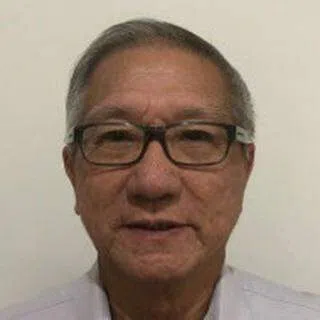The hypocrisy of big country politics in the Ukraine war
Former journalist Goh Choon Kang notes that while Singapore's stand against the Russian invasion of Ukraine is clear, the conditions that led to the current situation are complicated, beginning with Ukraine's internal politics that weakened it considerably for others to take advantage of.
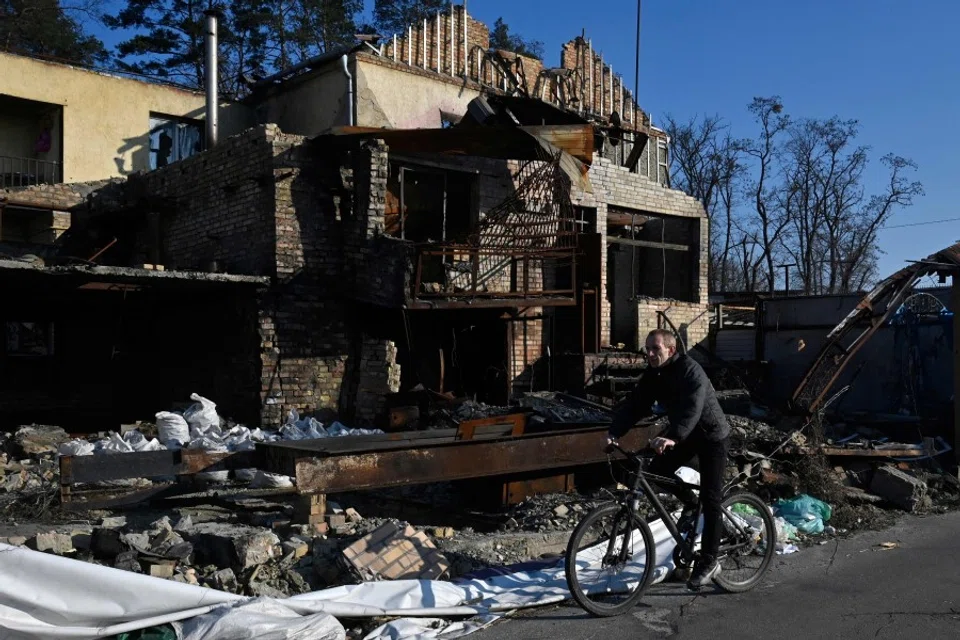
Singapore's stand of opposing Russia's invasion of Ukraine is clear and necessary, whether on moral or legal grounds. However, many Singaporeans misunderstand this principle-based stand, and think that there is no need to stand against Russia.
In fact, we are not against Russia, but its invasive action. In international relations, if we do not abide by international law and the principles of sovereignty and territorial integrity as advocated in the UN Charter, the law of the jungle takes over instead.
Different narratives
This is not to say that the government does not understand the complex background that has led to this tragic war in Ukraine. The condemnation and sanctions against Russia have also led some of our countrymen to believe that we are choosing sides, which is not the case. Singapore Home Affairs and Law Minister K Shanmugam gave us a complete picture of the facts in his closing speech at the ISEAS-Yusof Ishak Institute Workshop on "The Russia-Ukraine War and Southeast Asia One Year on: Implications and Outlook" on 8 March.
Singaporeans are generally influenced by two different narratives about the war in Ukraine. The first is the Western perspective, mainly consisting of Western media, organisations and leaders, who feel that Russian President Vladimir Putin has imperial ambitions, and his arrogance led to Russia's invasion of Ukraine.
The other perspective is that Russia's security concerns were not taken seriously, and the country felt encircled by the Western countries' expansion of NATO after the Cold War - in fact, quite a few Western academics also hold this view.
"The West and NATO, in my view, were not uninvolved bystanders who had no role to play in the current situation." - Singapore Home Affairs and Law Minister K Shanmugam
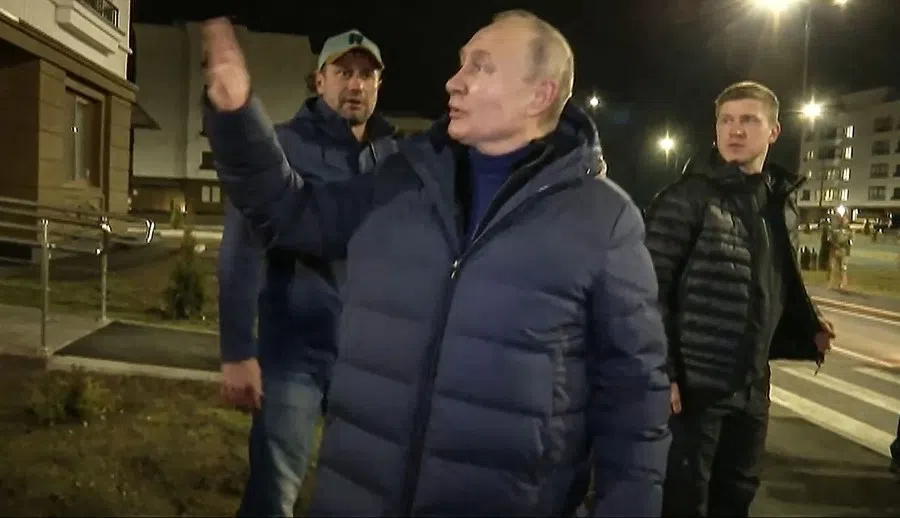
If we only believe one side amid this bombardment of competing online information, it would be difficult to discern right and wrong, truth and falsehood. We need to go back to historical facts in order to grasp the whole picture of this tragedy. Shanmugam has done the groundwork for us, and if we read his speech objectively, we would be enlightened and better understand our government's position.
Groups that promote cooperation, not rivalry
First, the basic stand against the invasion is clear. Second, we have to understand the facts beyond the surface of the two narratives and reach a balanced conclusion. Simply put, we firmly object to Russia's invasive action, but also understand that there are many complex reasons behind it. Shanmugam said succinctly, "The West and NATO, in my view, were not uninvolved bystanders who had no role to play in the current situation."
This is a relatively neutral view, which also reveals the veil of hypocrisy in big country politics. In the US, there are actually many who object to their government's stance, but they are criticised for being Putin's mouthpiece once they speak up. Likewise, there are anti-NATO voices in other Western countries, but they do not stand a chance against mainstream media. It is not difficult for us to see the logic with critical eyes from a distance, but words from a small country carry little weight. The most important thing is to take lessons from the tragedy of Ukraine - this is probably the intention of Shanmugam's speech.
The lessons for small countries that he highlighted include the following.
One, while there is now the UN Charter and various rules on international relations, big countries will only choose to act according to the rules best suited to their interests.
Two, small countries often pay a disproportionate price in geopolitical conflicts among Great Powers, either as pawns, or as collateral damage caught in the middle. So, it is in the interest of small countries such as Singapore to have regional structures that promote cooperation rather than rivalry. We also need to uphold international law.
ASEAN is an organisation formed purely to promote cooperation, which is fundamentally different in nature from a military alliance like NATO that was established to counter the former Soviet Union.
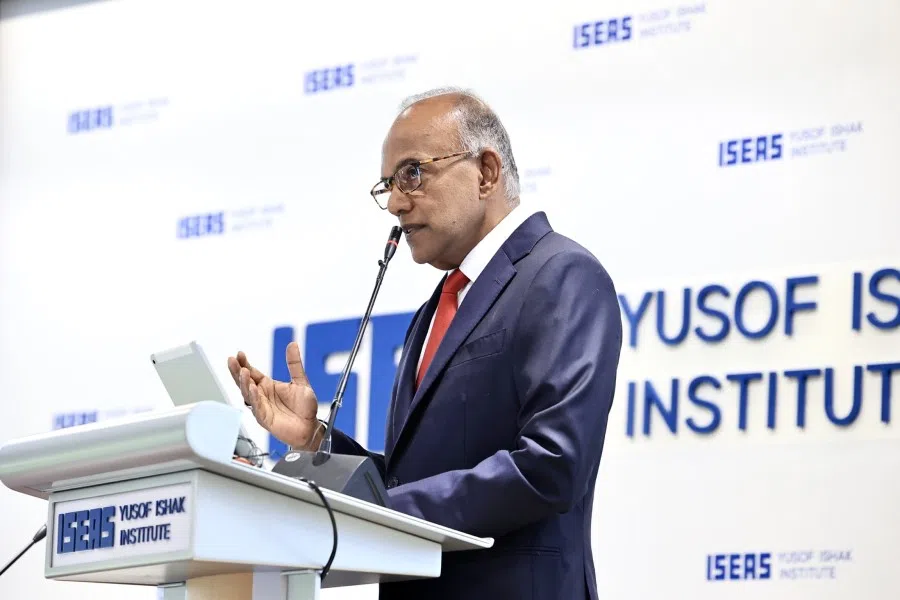
The key idea here is "to have regional structures that promote cooperation rather than rivalry". First, in the real world where big countries can choose the rules of the game, it is not enough for small and medium countries to yell themselves hoarse about the rules. What would work is to unite and create a force like ASEAN. If ASEAN countries had not formed this regional framework as an international force, the situation today would be very different.
Second, such regional frameworks must be designed to promote cooperation rather than rivalry. ASEAN is an organisation formed purely to promote cooperation, which is fundamentally different in nature from a military alliance like NATO that was established to counter the former Soviet Union.
This is why Asian countries have to be especially wary of the possible appearance of an "Asian NATO", such as AUKUS and the Quad. On the surface, these groupings are meant to maintain regional security and peace, but in fact, everyone knows they serve big country competition, and aim to counter and contain potential opponents, which is a far cry from the intentions of ASEAN.
How internal chaos weakens a nation
Now, because of the US's determined policy of containing China, the situation in East Asia and the South China Sea has become especially precarious, with much higher chances of misfire and a major conflict or war.
For their own sakes, Asian countries need to be on the alert to avoid missteps. Unfortunately, there are currently several conflicts within Asia that could be taken advantage of, including the complicated tussling among China, Japan, South Korea, North Korea and India, as well as the tensions in the South China Sea and Taiwan Strait. In any case, Asia should not become another Ukraine.
The tragedy in Ukraine is to a large extent the result of external manipulation - but rot does not happen overnight. Ukraine's faulty domestic governance also has to bear much of the blame. From the start, domestic conflict was prevalent in Ukraine - which only became independent due to the dissolution of the Soviet Union - with the eastern part being pro-Russia and the western part being pro-West. Both sides resorted to mutual violence, showing no tolerance or compromise.
While there are many instances of valiance in its troops' resistance against the invasion, at the end of the day they are in fact the sacrificial victims of corrupt politics, deployed to the battlefield to fight a proxy war...
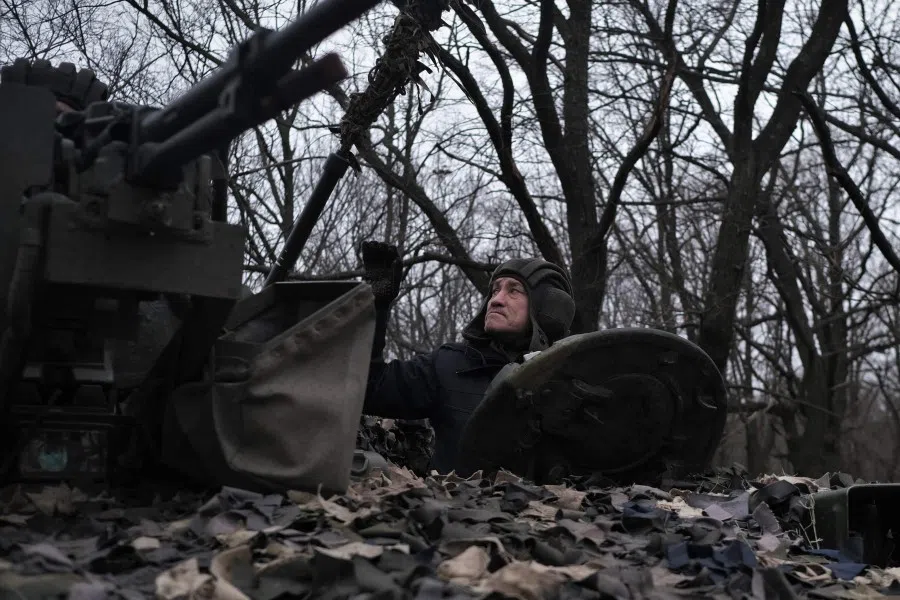
The bottom line is that after its independence, Ukraine went down the wrong path, paved with messy politics and corrupt leaders. Power colluded with money and the rich played havoc with politics, sparking public anger. In the end, the country became a pawn in a big power tussle.
Simply put, in the process of political reform, there was first internal chaos followed by external threats. The internal chaos started with the ceaseless tussle in the interest of the individual politicians and their political parties. They resorted to engaging external forces to defeat their opponents in disregard of national interests. Some leaned towards Russia and others towards the Western camp, and so the enemy was able to come in as things fell apart internally. Indeed, Ukraine had caused its own undoing.
From a political perspective, Ukraine is in shambles. While there are many instances of valiance in its troops' resistance against the invasion, at the end of the day they are in fact the sacrificial victims of corrupt politics, deployed to the battlefield to fight a proxy war and forced to swallow the bitter fruits that corrupt politicians have brought to the country and its people.
Many Ukrainians have probably run out of tears by now. They have lost their homes and families, and live from day to day, in no frame of mind to mourn. While we feel sad for them, the more important thing is to take a lesson from it.
This article was first published in Lianhe Zaobao as "揭开大国政治的虚伪面纱".
